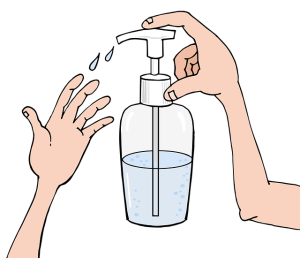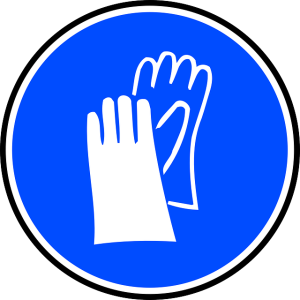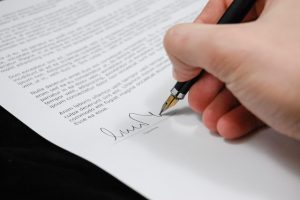Mastering UK Compliance: Optimizing Drug Safety Report Translations
In the UK, stringent drug safety reporting regulations require precise translations of Drug Safety Reports (DSRs) to maintain compliance and patient safety. Professional translation services specialize in navigating technical terminology, regulatory…….
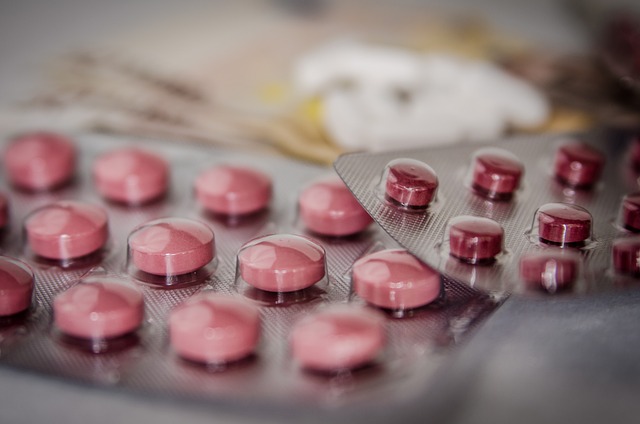
In the UK, stringent drug safety reporting regulations require precise translations of Drug Safety Reports (DSRs) to maintain compliance and patient safety. Professional translation services specialize in navigating technical terminology, regulatory context, and regional language nuances specific to the UK market, adhering to MHRA guidelines, ICH E2C(R2) standards, and local regulations. Key considerations when selecting a translator include specialized pharmaceutical knowledge, native English speakers or experts familiar with British English, adherence to industry standards like ISO 17100, case studies, and robust data protection measures. Accurate translations ensure global collaboration while meeting UK standards for DSRs, enhancing stakeholder confidence in the pharmaceutical sector.
“In the pharmaceutical industry, adhering to stringent UK compliance standards for drug safety reports is non-negotiable. This comprehensive guide explores the intricate process of translating these critical documents while ensuring accuracy and regulatory adherence. We delve into the significance of translation services in navigating complex reporting requirements, highlighting key considerations when selecting experts.
From cultural relevance to mastering technical jargon, this article offers insights into best practices and case studies showcasing successful translations in the UK pharmaceutical sector.”
- Understanding UK Compliance Standards for Drug Safety Reports
- The Role of Accurate Translation in Adhering to Regulations
- Key Considerations when Choosing a Translation Service
- Ensuring Cultural Relevance and Scientific Precision
- Best Practices for Translating Technical Terminology
- Case Studies: Successful Translations in the Pharmaceutical Sector
- Navigating Challenges: Language Variations within the UK
- The Impact of High-Quality Translations on Regulatory Approval
- Continuous Improvement: Updating Translation Resources
- Conclusion: Optimizing Safety Report Compliance through Expert Translation
Understanding UK Compliance Standards for Drug Safety Reports
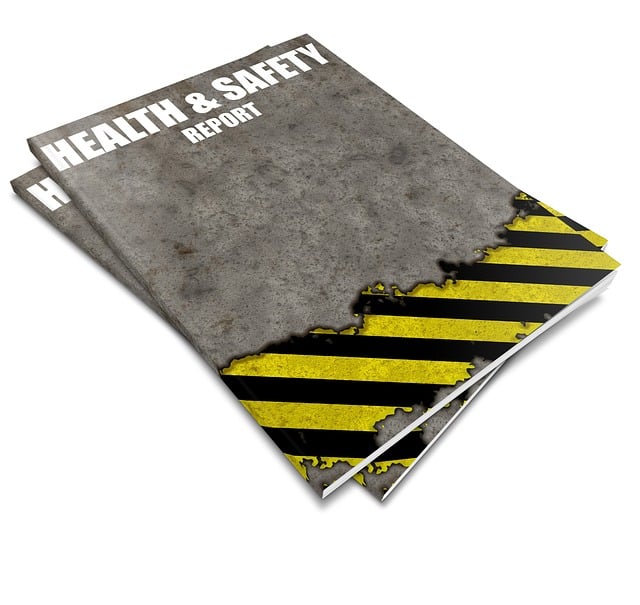
In the UK, the regulation and reporting standards for drug safety are stringent to ensure patient protection and effective pharmacovigilance. Compliance with these standards is vital for pharmaceutical companies, researchers, and translation services providing Drug Safety Reports (DSRs). The main guidelines are set by the Medicines and Healthcare products Regulatory Agency (MHRA), which requires comprehensive, accurate, and timely reporting of adverse drug reactions and safety data.
Translation services play a crucial role in ensuring UK compliance for non-English language DSRs. Accurate translation is essential to convey critical safety information accurately, preserving regulatory integrity. These services must be aware of the specific terminology and formatting requirements outlined by the MHRA to deliver precise reports that meet all necessary criteria, including ICH E2C(R2) guidelines and relevant local regulations.
The Role of Accurate Translation in Adhering to Regulations
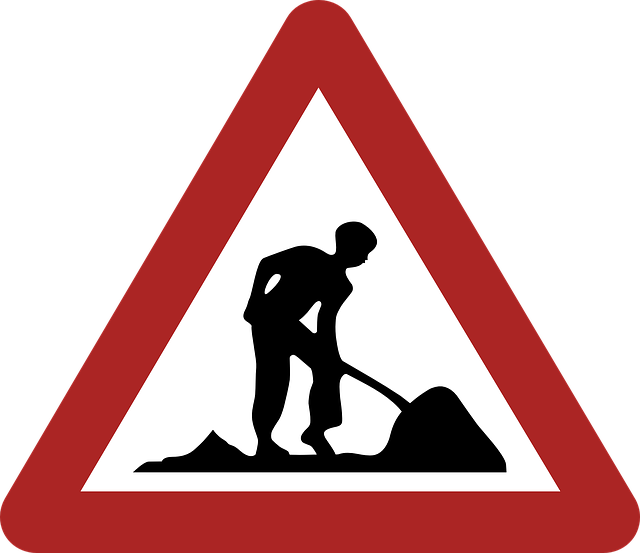
In the realm of drug safety reporting, accuracy is paramount, and this extends to the linguistic precision of your documents. When navigating the stringent UK regulatory landscape, ensuring that your safety reports are translated to a flawless standard is not just beneficial—it’s essential. This is where professional translation services for Drug Safety Reports UK come into play, serving as a vital cog in maintaining compliance.
Accurate translation goes beyond mere word-for-word substitution. It involves a deep understanding of the regulatory context, technical terminology, and cultural nuances specific to the UK market. Professional translators armed with this expertise can convey complex information with precision, ensuring that your reports accurately reflect the requirements set forth by regulatory bodies like the Medicines and Healthcare products Regulatory Agency (MHRA). This meticulous approach not only safeguards against potential non-compliance but also fosters trust among stakeholders, demonstrating a commitment to quality and safety in drug development.
Key Considerations when Choosing a Translation Service
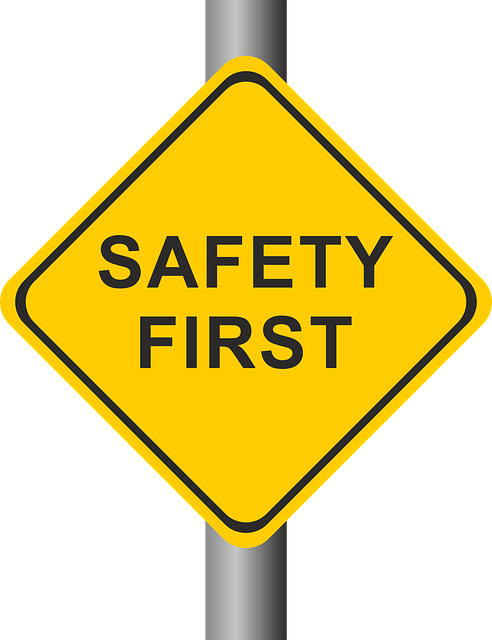
When selecting a translation service for Drug Safety Reports in the UK, several key considerations come into play to ensure compliance with local regulations. Firstly, choose providers that possess specialist knowledge and experience in the pharmaceutical sector. This expertise guarantees an understanding of technical terminology and complex regulatory requirements specific to drug safety reporting. Reputable translation companies will have translators who are native speakers or have extensive familiarity with the English language to avoid any potential misinterpretations or errors.
Additionally, look for service providers that adhere to industry standards and best practices, such as ISO 17100, ensuring consistent quality and accuracy. They should also be able to demonstrate their capabilities through case studies or references specific to drug safety reports. Security and confidentiality are paramount in this field; thus, select a translation service with robust data protection measures in place to safeguard sensitive information.
Ensuring Cultural Relevance and Scientific Precision
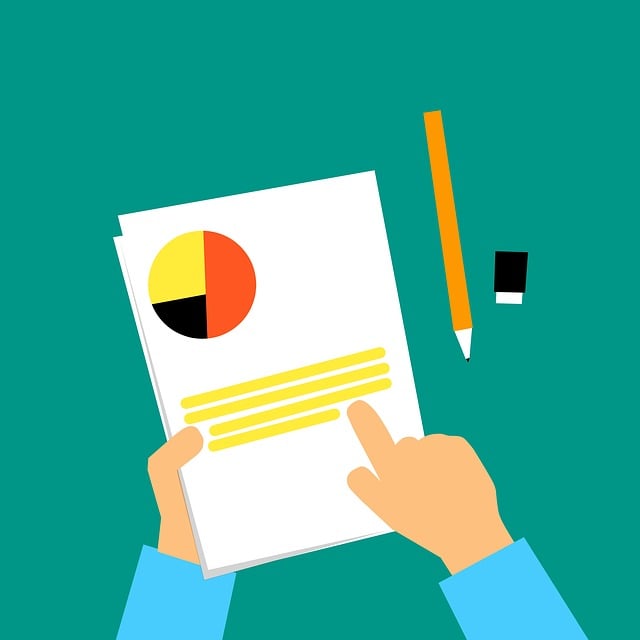
Ensuring your drug safety reports align with UK compliance standards involves a delicate balance between cultural relevance and scientific precision. When it comes to documents like Drug Safety Reports, accuracy in both content and context is paramount. In the UK, regulatory bodies expect detailed, evidence-based reporting that adheres strictly to guidelines such as ICH E2C(R2). However, these reports must also be translated and adapted for a British audience, requiring cultural sensitivity and an understanding of local nuances.
Translation services play a crucial role here. They not only ensure accurate word-for-word translation but also bridge the gap between global scientific terminology and UK-specific terminological conventions. This is essential to avoid misunderstandings or misinterpretations that could compromise safety. By relying on professional translation services for Drug Safety Reports in the UK, pharmaceutical companies can guarantee both the integrity of their data and the compliance of their reports with local regulations.
Best Practices for Translating Technical Terminology
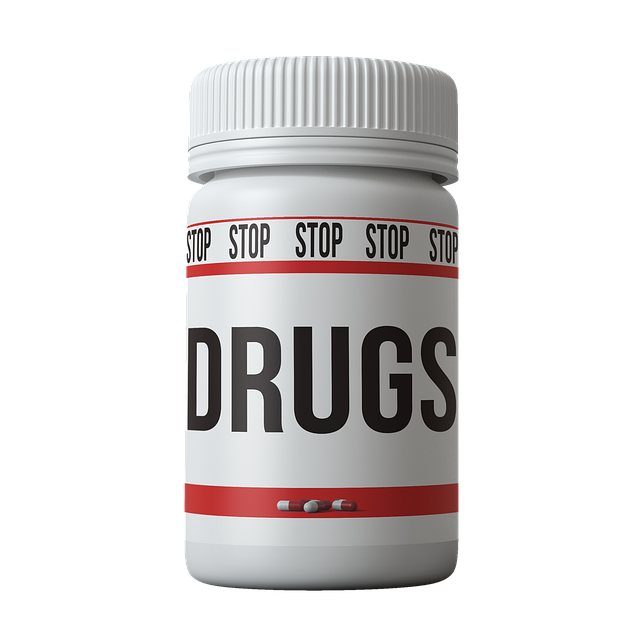
When translating technical terms for Drug Safety Reports in the UK, accuracy is paramount. It’s crucial to engage professional translation services with a deep understanding of pharmaceutical terminology and regulatory requirements. Using industry-specific glossaries ensures consistency and minimises errors. These services should also employ native speakers who are familiar with both British English and its nuances.
Best practices include thorough research into the context of each term, consulting relevant authorities and experts for clarification, and staying up-to-date with the latest industry developments. Machine translation tools can be helpful as a starting point but should never replace human expertise. Collaboration between translators, reviewers, and subject matter specialists guarantees that all technical details are conveyed precisely, ensuring compliance with UK standards throughout the translation process for Drug Safety Reports.
Case Studies: Successful Translations in the Pharmaceutical Sector
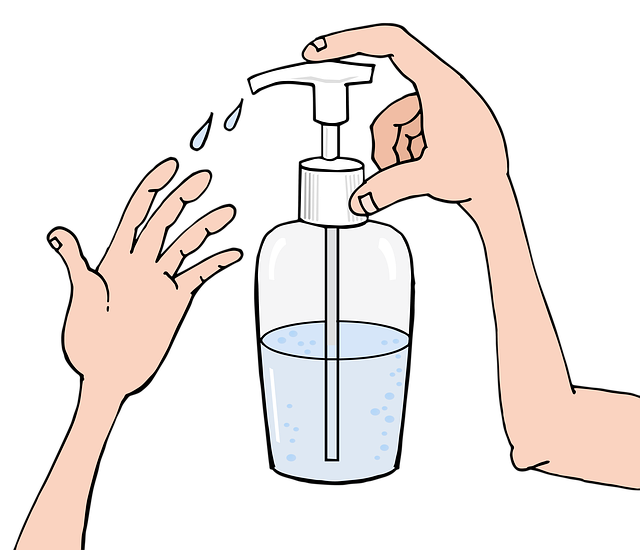
In the highly regulated pharmaceutical sector, precision and accuracy are paramount in communication, especially regarding safety reports. Here, translation services play a pivotal role in ensuring Drug Safety Reports (DSRs) meet UK compliance standards while facilitating global collaboration. Case studies have shown that specialized translation services have successfully navigated the complex landscape of regulatory requirements, resulting in clear and concise DSRs.
These translations often involve more than just word-for-word substitutions. They require a deep understanding of pharmacovigilance terminology and the ability to convey nuanced information accurately across languages. For instance, ensuring that side effects are described in a manner that is easily comprehensible by diverse patient populations is crucial. This meticulous approach not only aids in effective communication but also contributes to better patient safety practices globally, highlighting the significance of professional translation services in the pharmaceutical context.
Navigating Challenges: Language Variations within the UK

Navigating Challenges: Language Variations within the UK
The United Kingdom, comprising England, Scotland, Wales, and Northern Ireland, presents a unique linguistic landscape. This diversity can pose significant challenges when it comes to ensuring compliance with drug safety report standards. Each region has its own official language—English, but with regional dialects and variations that can impact communication and understanding. For instance, terms used in scientific literature or regulatory documents might have different connotations or meanings across these areas, leading to potential misinterpretations.
Therefore, when preparing Drug Safety Reports for the UK market, it’s crucial to consider professional translation services. These services not only translate the content but also ensure that the terminology aligns with the specific linguistic nuances of each region. Well-trained translators who specialize in medical and regulatory documentation can help bridge this gap, ensuring that safety reports are clear, consistent, and compliant across the whole of the UK.
The Impact of High-Quality Translations on Regulatory Approval
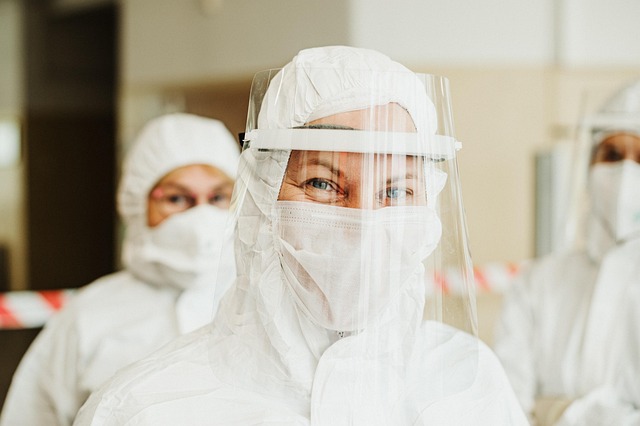
In today’s global pharmaceutical landscape, ensuring regulatory compliance across different territories is a complex task. High-quality translations play a pivotal role in navigating this challenge, especially when it comes to Drug Safety Reports (DSRs). Accurate and precise translations are essential for obtaining regulatory approval in the UK market. The impact of professional translation services cannot be overstated; they enable companies to present their DSRs in the native language required by the Medicines and Healthcare products Regulatory Agency (MHRA), thereby facilitating a smoother review process.
When dealing with life sciences documentation, such as safety reports, even minor errors or ambiguities can have significant consequences. Professional translation services for Drug Safety Reports UK offer expertise in medical terminology, ensuring that complex information is conveyed accurately. This not only reduces the risk of misunderstandings but also demonstrates a commitment to quality and attention to detail, which are critical factors in gaining regulatory approval.
Continuous Improvement: Updating Translation Resources

Staying ahead in the world of drug safety reporting is a continuous journey, and one crucial aspect is regularly updating your translation resources. The UK market demands adherence to stringent standards, and language requirements can vary significantly between regions. Therefore, it’s essential to engage reliable translation services for Drug Safety Reports UK that keep pace with these evolving standards.
By continuously refining your translation process, you ensure that reports remain accurate, consistent, and compliant. This involves regularly reviewing and expanding your glossaries, terminology databases, and translation memories to capture the latest industry terms and best practices. Such proactive measures not only maintain quality but also streamline future projects, making the process more efficient and cost-effective.
Conclusion: Optimizing Safety Report Compliance through Expert Translation

In today’s globalized pharmaceutical landscape, ensuring compliance with UK regulations for Drug Safety Reports is more complex than ever. While rigorous quality and accuracy standards are non-negotiable, effective communication across languages and cultural barriers is increasingly vital. This is where professional translation services step in as a game-changer.
Opting for specialized translation services for Drug Safety Reports UK ensures that critical information is conveyed accurately and consistently, regardless of the language. Expert translators with pharmaceutical knowledge can navigate complex terminology, regulatory nuances, and cultural differences, producing reports that meet both UK compliance standards and global communication challenges. This strategic approach not only enhances clarity but also minimizes risks associated with inaccurate translations, ultimately contributing to faster time-to-market and stronger global market access for pharmaceutical products.
In conclusion, adhering to UK compliance standards for drug safety reports is non-negotiable. By leveraging expert translation services that specialise in pharmaceutical terminology and cultural relevance, companies can ensure their reports meet the highest regulatory requirements. Continuous updates to translation resources and best practices, as highlighted in this article, are key to optimising compliance and streamlining the regulatory approval process for life sciences organisations operating within the UK. Translation services for drug safety reports UK play a pivotal role in facilitating safer medicines and faster market access.

